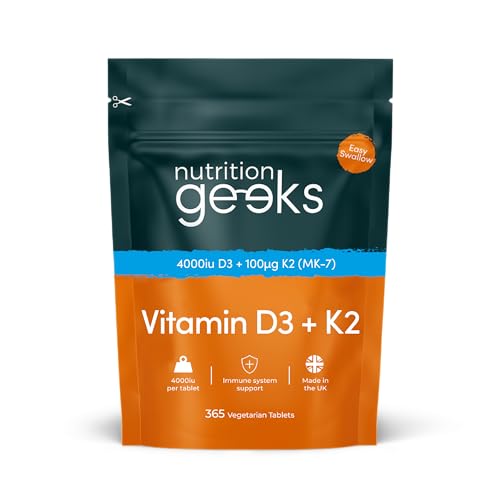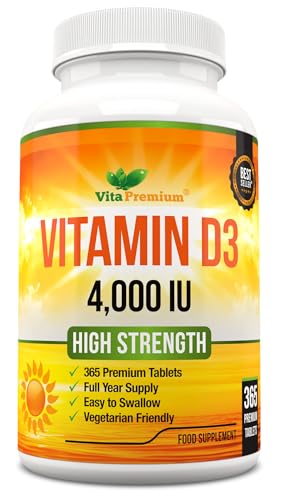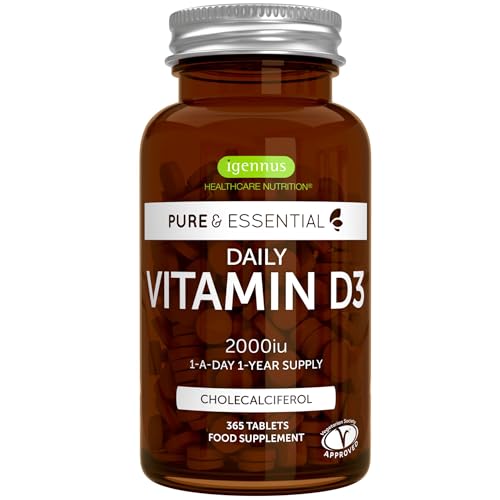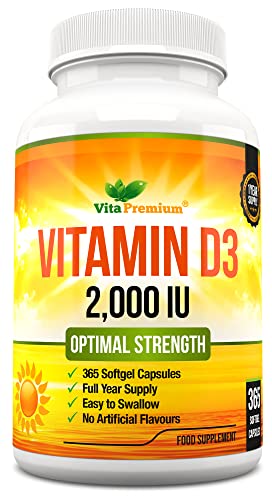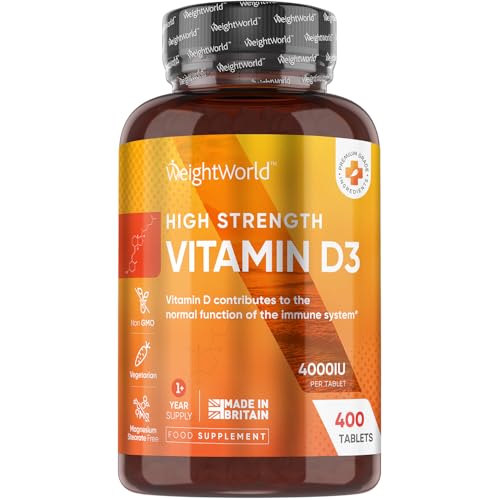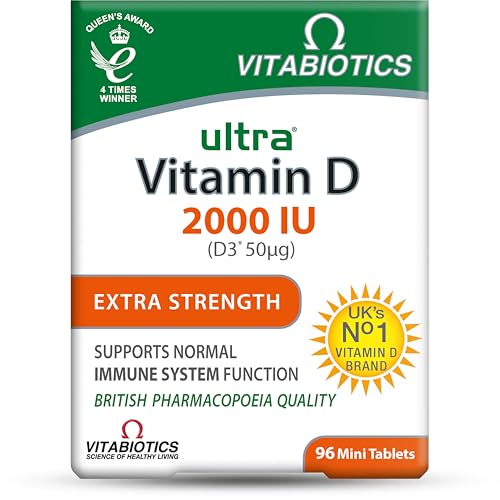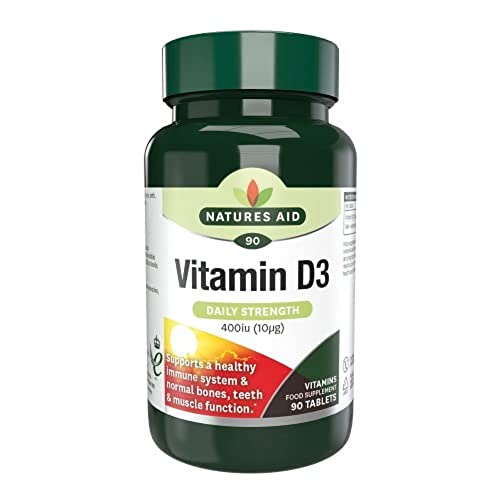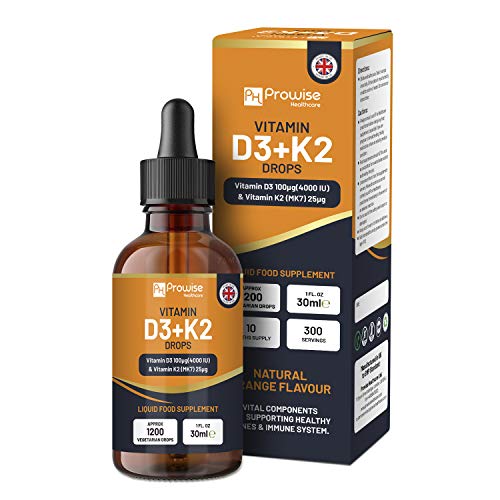Understanding Vitamin D: Why It Matters for Your Health
The Role of Vitamin D in Our Body
Vitamin D is often referred to as the sunshine vitamin because our bodies produce it naturally when we are exposed to sunlight. However, not everyone gets enough sun exposure, especially during the winter months or in less sunny regions. This vitamin plays a vital role in calcium absorption, which is essential for maintaining strong bones and teeth. Moreover, adequate levels of vitamin D support our immune system, muscle function, and overall health. If we’re looking to boost our well-being, understanding the importance of vitamin D is essential.
Signs of Vitamin D Deficiency
Many of us might not even realise that we are lacking in vitamin D. Common signs of deficiency can include fatigue, bone pain, muscle weakness, and a higher susceptibility to infections. In some cases, prolonged deficiency may lead to more serious health issues, such as osteoporosis. If we notice any of these symptoms, it may be a signal from our body to consider our vitamin D intake.
Types of Vitamin D Supplements: Which One is Right for Us?
Understanding the Two Main Forms of Vitamin D
When it comes to vitamin D supplements, we mainly encounter two forms: D2 (ergocalciferol) and D3 (cholecalciferol). Vitamin D2 is typically derived from yeast and fungi, while vitamin D3 is sourced from animal products, such as fish liver oil or lanolin from sheep’s wool. Research suggests that vitamin D3 is more effective at increasing and maintaining vitamin D levels in the body. Therefore, depending on our dietary preferences (vegan or vegetarian), we may choose between these two forms.
Liquid, Capsule, or Chewable: Which Supplement Form to Choose?
Vitamin D supplements come in various forms, including liquids, capsules, and chewable tablets. If we struggle with swallowing pills, a liquid form may be more suitable, providing flexibility in adjusting our dosage. On the other hand, capsules are convenient for those who prefer more straightforward administration. Chewable tablets can be an enjoyable option, particularly for children or those who want a pleasant way to take their vitamins. Identifying which format suits our lifestyle can make our supplementation more effective.
How to Choose a Quality Vitamin D Supplement: Key Factors to Consider
Checking for Purity and Ingredients
Not all vitamin D supplements are created equal, and the quality can vary significantly across brands. We should look for products that are free from artificial additives and unnecessary fillers. Additionally, ensuring that the supplement goes through third-party testing for purity guarantees that what’s on the label is genuinely what’s inside the bottle. This step is crucial to avoid products that may contain harmful contaminants.
Understanding Bioavailability
Bioavailability refers to how well our body can absorb and utilise the nutrients in the supplements we take. When shopping for vitamin D, we should opt for supplements that include beneficial components like magnesium or Vitamin K2, which may enhance the absorption of Vitamin D in our body. This ensures that we are getting the most benefits from our chosen supplement.
Recommended Dosage: How Much Vitamin D Do We Really Need?
Official Guidelines and Personal Needs
The recommended daily allowance (RDA) for vitamin D varies based on age and health conditions. Generally, adults are advised to aim for around 600 to 800 IU (international units) per day. However, individual needs can differ greatly based on factors like skin type, geographic location, and lifestyle. Consulting with a healthcare provider can help us determine the right dosage tailored to our specific health needs.
Signs of Overconsumption
While maintaining sufficient vitamin D levels is essential, it’s equally important to avoid overconsumption. Taking excessively high doses can lead to toxicity, resulting in symptoms such as nausea, weakness, and kidney problems. Therefore, adhering to recommended dosages and monitoring our intake is crucial to our health.
Incorporating Vitamin D Into Our Daily Routine: Tips for Success
Creating a Consistent Supplementation Schedule
Integrating vitamin D into our daily routine can be simplified by setting a specific time each day for our supplement intake. Whether it’s with breakfast or a morning cup of tea, consistency is key to making it a habit. We can keep our supplements in a visible spot to remind us to take them regularly.
Boosting Natural Vitamin D Sources
In addition to supplements, we can increase our vitamin D levels through our diet and lifestyle. Incorporating foods rich in vitamin D, like fatty fish, egg yolks, and fortified dairy products, can be beneficial. Engaging in outdoor activities when the sun is shining ensures we naturally boost our vitamin D levels through sunlight exposure. By combining diet, lifestyle, and supplementation, we can effectively support our overall health and wellbeing.
